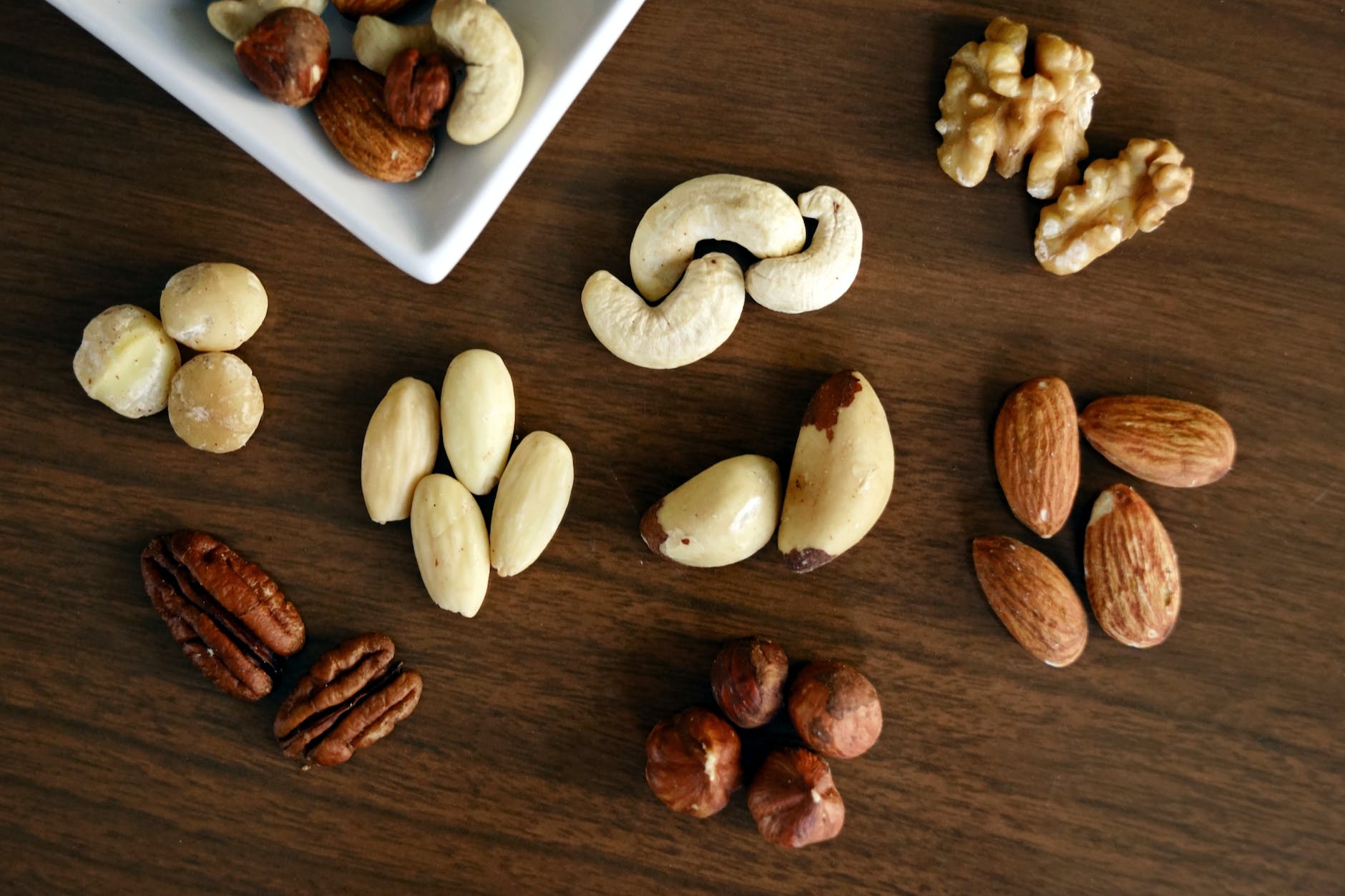In a delightful culinary journey through brain health, Live Healthy Over 50 unveils seven foods that stand as guardians of our cognitive well-being. This video is a wellspring of knowledge, offering a deep dive into foods that nurture the mind, enhance memory, and bolster brain function.
Video: 7 Foods That Supercharge Your Memory And BRAIN Health
Credits: Live Healthy Over 50
Caption: Explore the remarkable benefits of seven foods that stand as pillars of cognitive nourishment and brain health enhancement.
1. Fatty Fish: The Omega-3 Reservoir
Fatty fish, such as salmon and trout, are oceans of omega-3 fatty acids, essential building blocks that foster the creation and maintenance of brain and nerve cells. Regular consumption of these aquatic treasures may slow down age-related mental decline and shield against Alzheimer’s disease.
2. Broccoli: The Antioxidant Guardian
Broccoli, a cruciferous vegetable, is a fortress of antioxidants and Vitamin K. It plays a pivotal role in supporting brain health, protecting against oxidative stress, and fostering the formation of fat-rich structures in brain cells.
3. Blueberries: The Cognitive Enhancer
Blueberries, the tiny berries with mighty benefits, are laden with antioxidants and anti-inflammatory compounds. They are instrumental in mitigating oxidative stress, enhancing communication between brain cells, and improving various aspects of brain function, including memory.
4. Turmeric: The Inflammation Alleviator
Turmeric, enriched with curcumin, is a golden spice with profound anti-inflammatory and antioxidant benefits. It has the potential to cross the blood-brain barrier, directly impacting brain health by enhancing cognitive function and mitigating the risks associated with neurodegenerative disorders.
5. Coffee: The Alertness Amplifier
Coffee, a beloved brew, is a reservoir of caffeine and antioxidants. It enhances alertness, mood, and various aspects of brain function, making it a delightful and beneficial addition to the diet.
6. Nuts: The Vitamin E Vault
Nuts, especially walnuts, are rich in Vitamin E and other essential nutrients. Regular consumption of nuts has been linked to improved heart health, which is intrinsically connected to brain health, and may also protect against cognitive decline.
7. Pumpkin Seeds: The Mineral Marvel
Pumpkin seeds are a treasure trove of essential minerals such as magnesium, iron, zinc, and copper. These minerals play crucial roles in supporting brain health, protecting against free radical damage, and fostering optimal neurological function.
Conclusion: A Culinary Embrace of Cognitive Wellness
The video by Live Healthy Over 50 is a gateway to understanding the profound impact of diet on brain health. It invites us to embrace a culinary journey that nurtures the mind, enhances memory, and fosters cognitive well-being through the consumption of foods rich in essential nutrients and antioxidants.
FAQs
- How does the consumption of fatty fish contribute to brain health?
Consuming fatty fish, rich in omega-3 fatty acids, supports the structure of brain cells, promoting their health and functionality. Regular intake of fatty fish enhances cognitive functions and may reduce the risk of neurodegenerative disorders, such as Alzheimer’s disease. - What makes broccoli a significant addition to a brain-healthy diet?
Broccoli is enriched with antioxidants and Vitamin K, essential components that support brain health. Including broccoli in your diet contributes to the protection of brain cells from oxidative stress and supports the development of essential fat-rich structures in the brain. - How do blueberries enhance communication between brain cells?
Blueberries are packed with antioxidants and anti-inflammatory compounds that foster improved communication between brain cells. Their consumption is linked to reduced oxidative stress and inflammation, promoting overall cognitive function and memory enhancement. - What role does turmeric play in mitigating risks associated with neurodegenerative disorders?
Turmeric, rich in curcumin, possesses potent anti-inflammatory and antioxidant properties. Its ability to cross the blood-brain barrier allows it to have a direct positive impact on brain health, potentially reducing the risks of neurodegenerative conditions. - How does coffee consumption impact mood and brain function?
Coffee, brimming with caffeine and antioxidants, enhances various aspects of brain function, including mood, alertness, and cognitive responses. It acts as a stimulant that can help improve focus, concentration, and overall mental performance.
Blog Tags
Brain Health, Cognitive Wellness, Nutritional Foods, Omega-3 Fatty Acids, Antioxidants, Neurological Support, Memory Enhancement, Anti-inflammatory Foods, Neuroprotective Diet, Live Healthy Over 50, Dietary Impact on Brain Function










